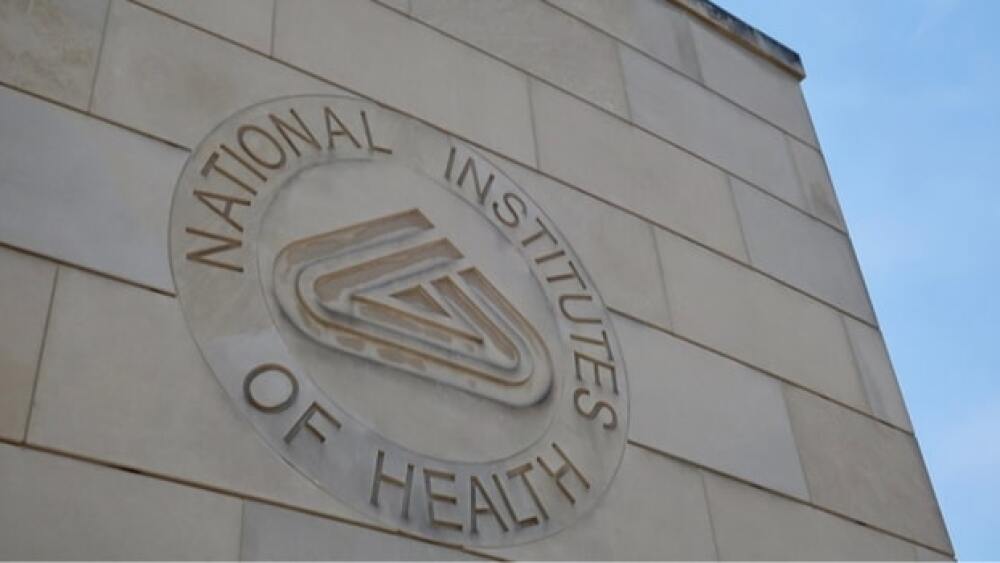HHS found nearly half of NIH clinical trials were reported incorrectly, in violation of federal standards, according to a new report issued Friday by the agency.
Courtesy of Jer123/Getty Images
HHS found nearly half of NIH clinical trials were reported incorrectly, in violation of federal standards, according to a new report issued Friday by the agency.
HHS officials found NIH researchers didn’t comply with standards to initiate new clinical trials. Onlookers outside NIH voiced concern that this violation suggests a lack of transparency problematic to the scientific community and the taxpayers who fund the organization.
“In this context, it is disappointing and indeed shocking that NIH continues to emphasize the difficulty of posting results, rather than the scientific value and imperative to do so,” Deborah Zarin, a former director of ClinicalTrials.gov, said to STAT. “I hope that this [Office of Inspector General] report is a wakeup call to both NIH and the scientific community.”
Among the regulations violated cited in the report titled, “The National Institutes of Health Did Not Ensure That All Clinical Trial Results Were Reported In Accordance With Federal Requirements,” included a requirement that NIH-funded researchers publish their results within one year of an estimated or actual completion date.
The OIG launched an initial review in 2018, at the time, stating that:
“Our preliminary review of data from ClinicalTrials.gov showed that most NIH-funded clinical trials that were completed in calendar year 2018 did not have their results posted.”
This led to a more detailed analysis of trials in subsequent years.
Friday’s review found that of the 72 clinical trials assessed, some run by NIH scientists and some by outside investigators, 35 reported data within the mandatory timeframe. Of the 37 studies that didn’t, 43% were run by NIH researchers. HHS representatives also found that at least 21 researchers initiated a new NIH-funded trial before submitting the data from their previous studies, violating policy.
“NIH has severely let down patients and taxpayers since 2007, when trial reporting first became mandatory,” Till Bruckner, founder of Transparimed, a clinical trial transparency watchdog, said in a statement to STAT. “As this report documents, NIH for over a decade, turned a blind eye to violations, and even rewarded law-breakers by handing them even more public money so they could run more trials with more patients.”
NIH responded to the STAT report saying it had already begun modifying its oversight policies to include more forms and systems to track and report compliance. No additional grants will be awarded to researchers who don’t hit their reporting deadlines, according to the NIH.
In other agencies, reports of similar violations have led to swift action to reverse trends of policy violation.
In 2021, an analysis of FDA-funded clinical trials from 2013 to 2021 found similar problems. The FDA threatened to fine pharma companies and principal investigators who didn’t report their findings. As a result, more than 90% of researchers who received the preliminary warnings quickly responded, with a median response of three weeks in becoming compliant.
Similarly, the CDC, in its announcement on August 18 of plans to “reset” the agency amid criticism of its handling of the COVID-19 pandemic, stated it would increase the use of preprint scientific publications instead of waiting for peer review and publication in the CDC’s own Morbidity and Mortality Weekly Report.
For now, the OIG issued a mandate to the NIH to improve procedures and work with researchers in violation to develop new safeguards to ensure they meet reporting standards.
The NIH must improve its procedures for researchers to comply with submitting requirements to ClinicalTrials.gov in a timely manner and “take enforcement actions against responsible parties [who] are late in submitting trial results or do not submit results.”





